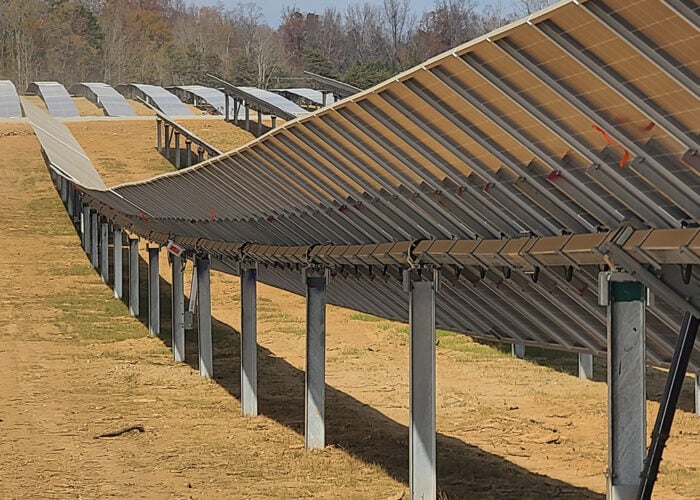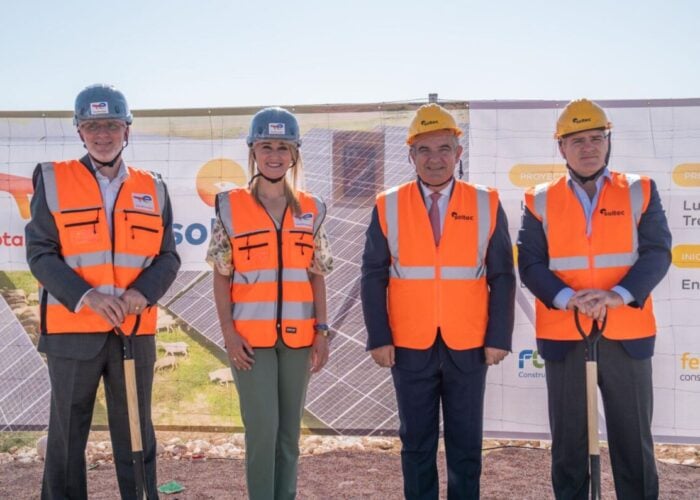Bloomberg New Energy Finance (BNEF) figures have underlined previous analysis by PV Tech suggesting a mass overseas relocation of production capacity by Chinese PV manufacturers in response to increasingly hostile trading conditions.
Figures from the market research firm reported by Bloomberg indicate that Chinese manufacturers are planning to build some 5.3GW of new production capacity in countries such as Malaysia and Thailand by the end of this year.
Unlock unlimited access for 12 whole months of distinctive global analysis
Photovoltaics International is now included.
- Regular insight and analysis of the industry’s biggest developments
- In-depth interviews with the industry’s leading figures
- Unlimited digital access to the PV Tech Power journal catalogue
- Unlimited digital access to the Photovoltaics International journal catalogue
- Access to more than 1,000 technical papers
- Discounts on Solar Media’s portfolio of events, in-person and virtual
The apparent driver for this phenomenon is the increasingly tough stance taken by the likes of the USA and European Union against unfair pricing practices employed by Chinese companies selling into those markets. This has forced Chinese companies to find alternative manufacturing locations to avoid falling foul of punitive import duties.
BNEF’s figures reinforce analysis published by PV Tech last week, which revealed that none of the new production plans so far announced this year by Chinese firm has included new capacity on Chinese soil.
PV Tech’s figures suggest all of the 6.7GW of new capacity announced by Chinese firms in the first half of 2015 will go to overseas countries, including India, Malaysia, Thailand, South Korea, Brazil and the US.
But whether the strategy employed by Chinese firms to evade duties will be successful remains to be seen.
Recently the US government responded to requests by SolarWorld, the main agitator in the US and EU trade cases, to close loopholes used by Chinese companies to circumvent duties by outsourcing production of key components to Taiwan. The company has indicated that it is continuing to monitor the situation and will act if it believes other countries are behaving unfairly.
A similar situation is developing in Europe, where the European Commission has opened an investigation into Malaysia and Taiwan to determine whether they should be included in the duties imposed by the EU on Chinese solar imports.
SolarWorld has said it would notify the commission of other countries it suspects Chinese firms of using to flout import duties if it gathers sufficient evidence of such practices.







